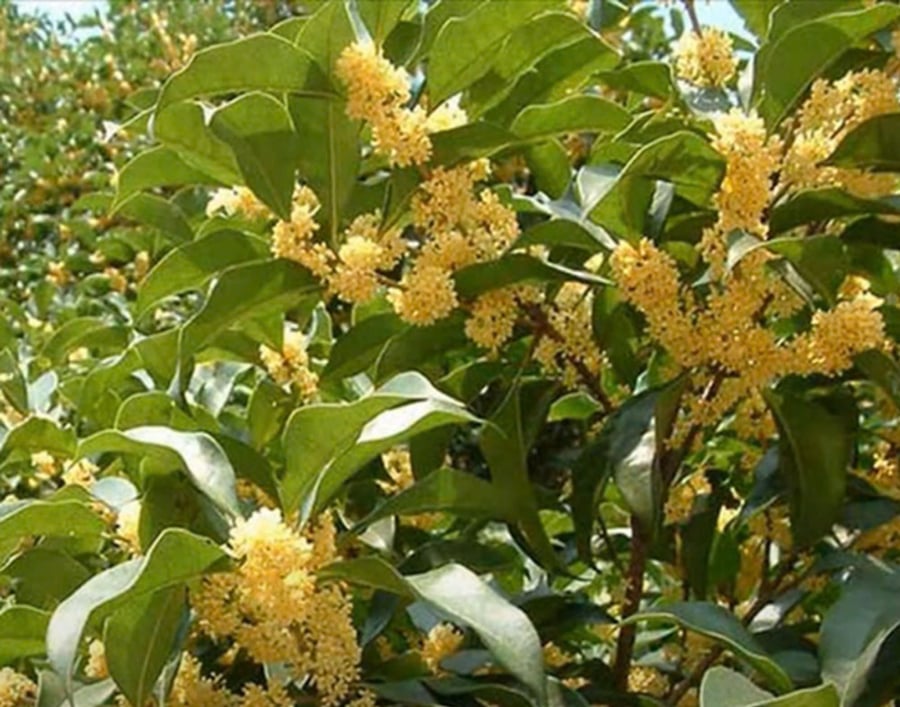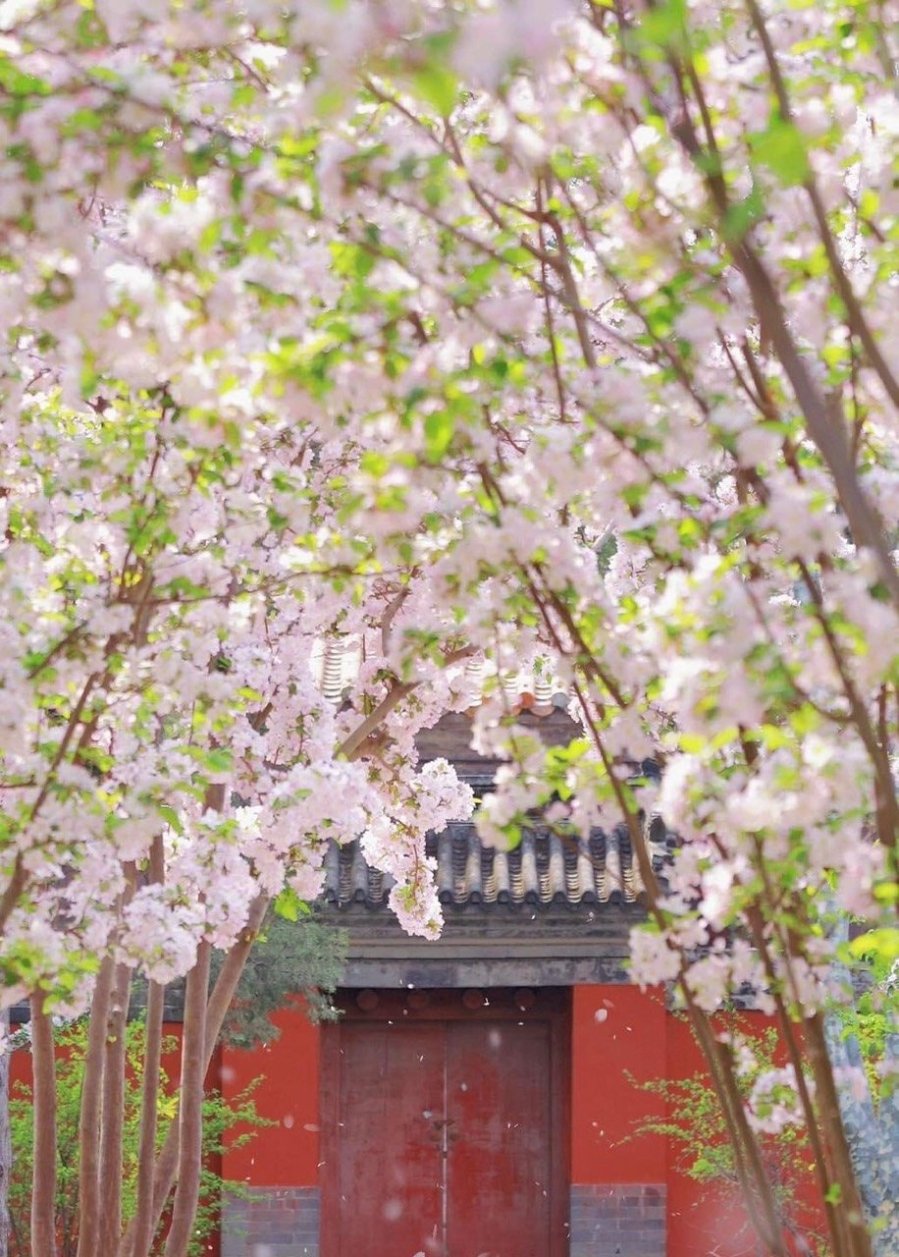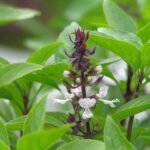1. Osmanthus Fragrans: Attracting Good Fortune and Symbolizing Prosperity
Osmanthus Fragrans, commonly known as sweet olive, is a fragrant flowering plant with warm orange and yellow blooms that appear in autumn, especially during the Mid-Autumn Festival. Since ancient times, this plant has been considered a symbol of success, good luck, and wealth.
In feng shui, osmanthus is believed to bring prosperity and attract noble people. Its name in Chinese sounds similar to the words for “noble person” and “wealth,” so many families choose to plant it in front of their houses or in their gardens to invite fortune and blessings.

Moreover, the distinctive fragrance of osmanthus has a calming effect on the mind and can help soothe the spirit. Simply brewing a cup of osmanthus honey tea allows you to indulge in a relaxing experience, alleviating fatigue and pressure from daily life.
Osmanthus can be grown as a hedge or a bonsai in a pot, requiring minimal care. It thrives in gentle sunlight and does not demand highly nutritious soil. With its year-round lush greenery and blooming during the harvest season, it is also known as the “eight treasures” of autumn.
2. Crape Myrtle: Bringing Positive Energy and Symbolizing Abundance
Crape myrtle (Lagerstroemia indica), also known as “hundred-day red,” is a long-lasting flowering plant that blooms profusely for up to 100 consecutive days during summer and into autumn. Its vibrant purple, pink, or bright red flowers symbolize prosperity, positive energy, and auspicious qi from the East.
In traditional feng shui, crape myrtle is considered a symbol of nobility and good luck. An ancient saying goes, “Planting crape myrtle in front of your house brings prosperity and abundance.” Many families believe that this plant has the power to ward off negative energy, stabilize feng shui, and promote harmonious relationships.
Beyond its feng shui significance, crape myrtle is easy to care for, drought-tolerant, and naturally resistant to pests and diseases. With its long lifespan, the tree develops a glossy trunk with a unique peeling bark, adding artistic value to your garden. Large crape myrtles can provide a cool shade in your garden—an ideal spot to relax with afternoon tea while listening to the summer cicadas.
If you’re facing challenges in your career, experiencing setbacks at work, or dealing with family instability, planting a crape myrtle in your garden is believed to boost positive energy, attract noble people, bring good luck, and improve the overall feng shui of your home.
3. Crabapple: Symbol of Wealth and Long-lasting Happiness
Crabapple (Malus spectabilis), belonging to the rose family, is an ornamental plant known for its beautiful flowers and deep feng shui significance. It usually blooms in late spring to early summer, with delicate pink and white flowers creating a romantic, elegant, and artistic atmosphere.
What sets this tree apart is its ability to form dense clusters of flowers, resembling floating clouds from a distance. In ancient times, crabapple was believed to symbolize “a house full of gold and jade,” attracting good fortune, especially for families wishing for harmonious gatherings and long-lasting prosperity.
The five-petaled flowers represent completeness, and planting this tree in your garden conveys positive implications for harmony, longevity, and fulfillment. Additionally, the subtle fragrance of the flowers helps purify the air and promotes relaxation.
During autumn, the tree bears small red fruits that contrast beautifully with the green leaves or the golden ginkgo trees in your garden, adding an aesthetic touch to your living space.

Tips for Optimal Feng Shui through Plant Care
Choose the right location: Osmanthus and crape myrtle prefer gentle sunlight, so they are best planted in the south or southeast direction of your house. On the other hand, crabapple trees require a spacious and open area, sheltered from strong winds.
Prune at the right time: After osmanthus blooms in autumn, pruning is recommended to stimulate new shoots. Crape myrtle, on the other hand, needs heavy pruning during winter for healthier growth and abundant summer blooms.
Apartment gardening: For those living in apartments, you can utilize your balcony by using deep pots (approximately 60cm deep) and combining them with supports or hanging racks to create a mini garden that is both aesthetically pleasing and feng shui-friendly.
The Ultimate Herb: Attract Wealth, Luck, and Health – A Must-Have for Every Home
Introducing the humble herb, a versatile ingredient that elevates everyday meals with its distinct flavor and aroma. But did you know that this humble plant is also revered for its auspicious properties in Feng Shui? Yes, this unassuming herb is believed to bring good fortune and prosperity to those who welcome it into their homes.
The Ancient’s Wisdom: Adorn Your Left Hand With Gold and Gems, and Your Right With Silver for Abundant Wealth and Beauty
In ancient cultures, jewelry was not merely an accessory to enhance one’s appearance, but it held significant symbolic and spiritual value. It was believed that certain pieces could bring good fortune, ward off evil spirits, and possess inherent powers that influenced the wearer’s life. As a result, strict rules governed the wearing of jewelry, ensuring that its power was harnessed correctly.



































